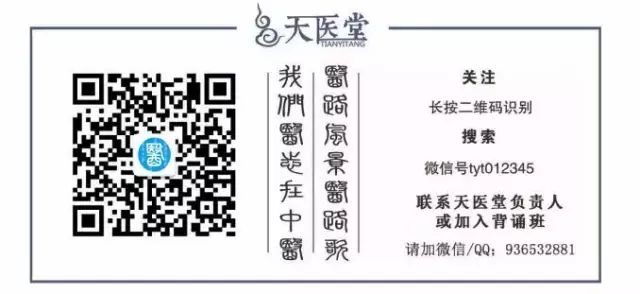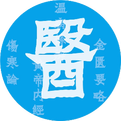
Comprehensive Overview of the Eight Principles of Diagnosis – Every illness has its cause, and the differentiation of organs is the core. The differentiation of Qi (气), Blood (血), and Body Fluids (津液) is clear, and the differentiation of external pathogenic heat diseases is layered, allowing for the judgment of disease patterns.
Exterior Syndrome (表证)
Exterior syndrome occurs when pathogenic factors invade the muscle layer, presenting with symptoms such as nasal congestion, runny nose, body aches, fever, chills, sweating or lack thereof, and cough with a white tongue coating and floating pulse.
Interior Syndrome (里证)
Interior syndrome can arise from the transmission of exterior pathogens or can develop internally. The disease is located deep within the internal organs, affecting Qi and Blood. Any condition that is not an exterior syndrome falls under this category.
Cold Syndrome (寒证)
Cold syndrome results from the invasion of cold pathogens, characterized by Yang deficiency and excessive Yin. Symptoms include aversion to cold, preference for warmth, cold extremities, pale complexion, loose stools, lack of thirst, preference for hot drinks, white slippery tongue coating, and a tight pulse.
Heat Syndrome (热证)
Heat syndrome occurs due to the invasion of heat pathogens or can be caused by excessive Yang and deficient Yin, leading to irritability, thirst for cold drinks, fever, preference for coolness, red complexion, constipation, and red tongue with yellow coating and rapid pulse.
Deficiency Syndrome (虚证)
Deficiency syndrome indicates insufficient Zheng Qi (正气), resulting in low resistance to disease, thin body, fatigue, shortness of breath, dizziness, palpitations, sweating, desire to lie down, loose stools, and a pale, tender tongue with a thin, weak pulse.
Excess Syndrome (实证)
Excess syndrome indicates an abundance of pathogenic factors, with Zheng Qi still intact, allowing for resistance. Symptoms include chest and abdominal distension, pain upon pressure, heat, irritability, constipation, and a thick tongue coating with a strong pulse.
Yang Syndrome (阳证)
Yang syndrome is characterized by a desire to see clearly, restlessness, loud breathing, preference for warmth, thirst for cold drinks, constipation, red complexion, red tongue with yellow coating, and a rapid pulse, indicating excessive Yang heat.
Yin Syndrome (阴证)
Yin syndrome is characterized by a desire to close the eyes, quietness, low energy, preference for warmth, cold extremities, spontaneous diarrhea, clear urination, pale tongue with white coating, and a slow, deep pulse, indicating Yang deficiency and excessive cold.

▶ Copyright Statement:
1. Source: Tianyi Hall Academic Center, Edited by Wang Chaokun.
2. This platform aims to disseminate knowledge of Traditional Chinese Medicine (TCM). Copyright belongs to the relevant rights holders. We respect knowledge and labor; please retain copyright information when reprinting. If there are any improper uses, please feel free to contact us for negotiation. Contact (WeChat): 936532881
3. We welcome submissions; please send to [email protected]


